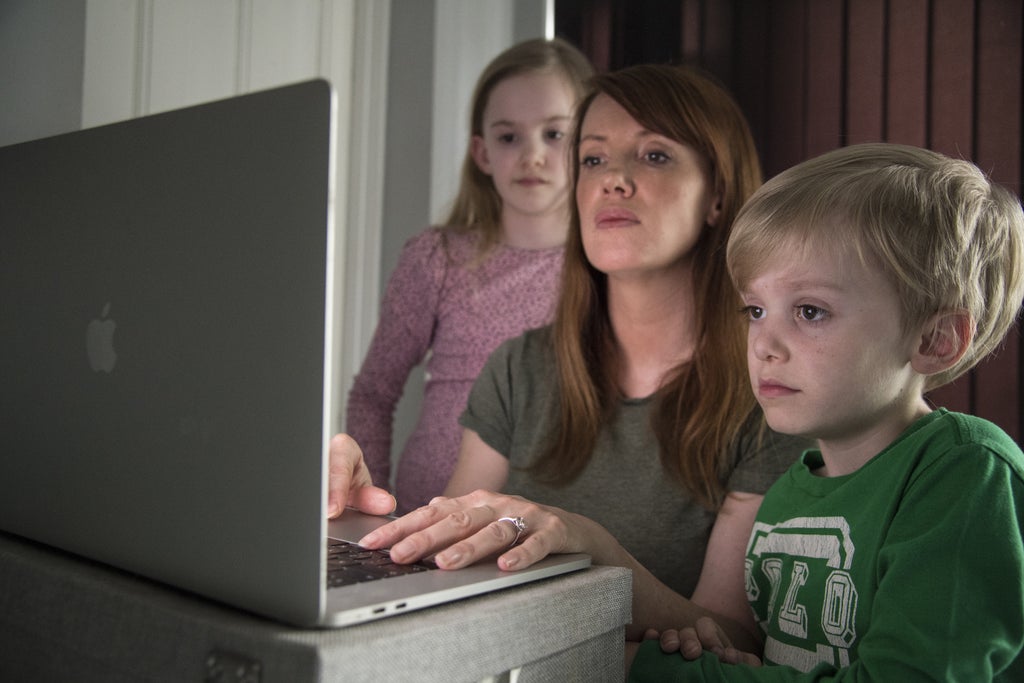
Organisers of Scotland’s census say they have “no concerns” that a legal challenge over one of the questions will prevent or delay the population survey from taking place.
The Court of Session in Edinburgh is currently considering a bid by campaign group Fair Play for Women over the guidance given to people when answering questions on their gender identity.
The case was heard earlier this month, with no decision yet made.
National Records of Scotland (NRS) made clear today it would “of course respond to the rulings of the court”.
But with the census website due to go live on February 28, ahead of Census Day on March 20, Pete Whitehouse, director of statistical services at NRS, said: “I have got no concerns from a practical perspective about our ability to put in place the census that is required of us.”
He stated: “Without discussing the actual case, we will of course respond to the rulings of the court, whatever that means we will be ready to put in place a census that meets the needs of Scotland in the form that we are required.”
The case comes after guidance issues by NHS said people answering the sex question in the census could answer it as to how they self-identify, regardless of whether they have a gender recognition certificate – with this being challenged by Fair Play for Women.
Questions for over-16s in the census on their trans history and sexual orientation are voluntary, with Mr Whitehouse stressing it is the Scottish Parliament that decides what is to be asked in the population-wide survey, which is carried out every 10 years – although this latest census has been delayed for a year because of the Covid pandemic.
Mr Whitehouse said: “It is the Scottish Parliament that makes the final decision on the question set.
“It is the Parliament that agrees the questions that will be asked, and it is then up to National Records of Scotland to put out the census asking those questions.”
The 2022 census will ask about people’s service in the armed forces for the first time, with Mr Whitehouse saying this would help provide better information about veterans for policy makers.
He stated: “Better information about the location of veterans is so important to understanding the kind of services that need to be put in place to support veterans.
“Having that information in the census allows us to look at location, it allows us to look at how people are living, how their health is, their occupations, the relationships they are living within, and all of that is so important in understanding the lives of veterans and therefore the support and opportunities that can be enabled for them.”
Overall he said the census – which is expected to cost £138 million – would provide “critical data about how we are changing as a population”.
While only about 20% of Scots completed the 2011 census online, it is expected this year about 70% will fill out the form this way.
“We anticipate this will be the first census where the majority of people will respond online,” Registrar General Paul Lowe said.
Those who do not want to fill out the form online will be able to request a paper copy to complete and return.
A freephone helpline will be open from February 28 to answer questions on 0800 030 8308.







